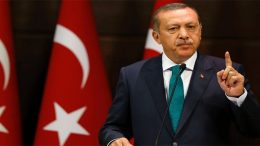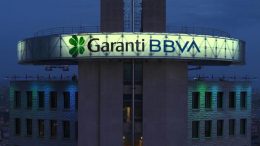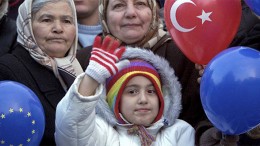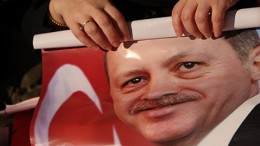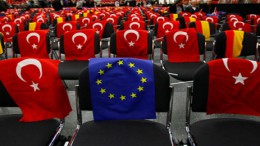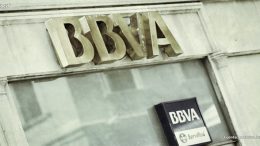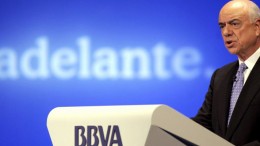Turkey – Recession Avoided, But Lira Volatility And High Inflation Remain Issues
Crédito y Caución (Atradius) | The government and the Central Bank returned to more orthodox economic policies in H2 of 2020. Between September and December 2020 the Central Bank tightened the benchmark interest rate several times, by 875 basis points in total, to 17%. Despite this hike, inflation remains stubbornly high (15.6% in February 2021), and is expected to only gradually decrease in the coming months, due to persistent expectations of high inflation and ongoing price pressure triggered by a weak lira exchange rate. In mid-March 2021, the benchmark interest rate was raised again, by 200 basis points, to 19%. However, President Erdogan dismissed the governor of the Central Bank immediately after – the third dismissal of a governor in less than two years.

